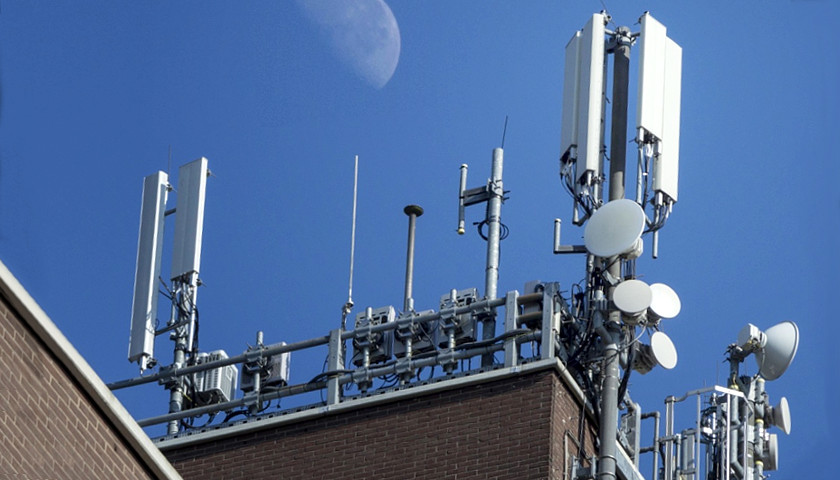Two of the largest cell phone providers in the country are moving forward with their original plans to launch 5G wireless service this week, even as federal officials warn that such technology could pose a risk of interfering with aviation equipment, according to Politico.
In a joint letter sent to the State Department by the CEOs of AT&T and Verizon, the executives argued that an expansion of cell phone coverage via 5G is necessary amidst the ongoing coronavirus pandemic.
“With continued COVID crises, it has never been more important that our country’s critical communications infrastructure have the spectrum needed to handle escalating traffic demands from our customers,” said AT&T’s John Stankey and Verizon’s Hans Vestberg.
Read More

